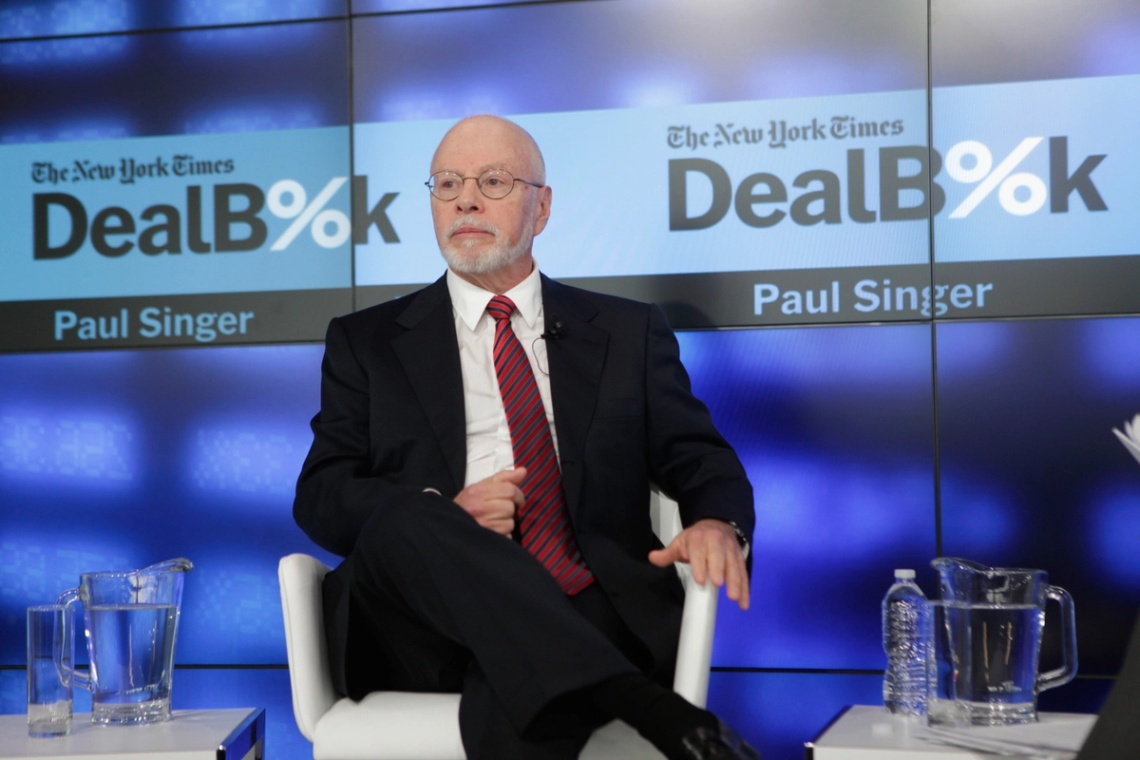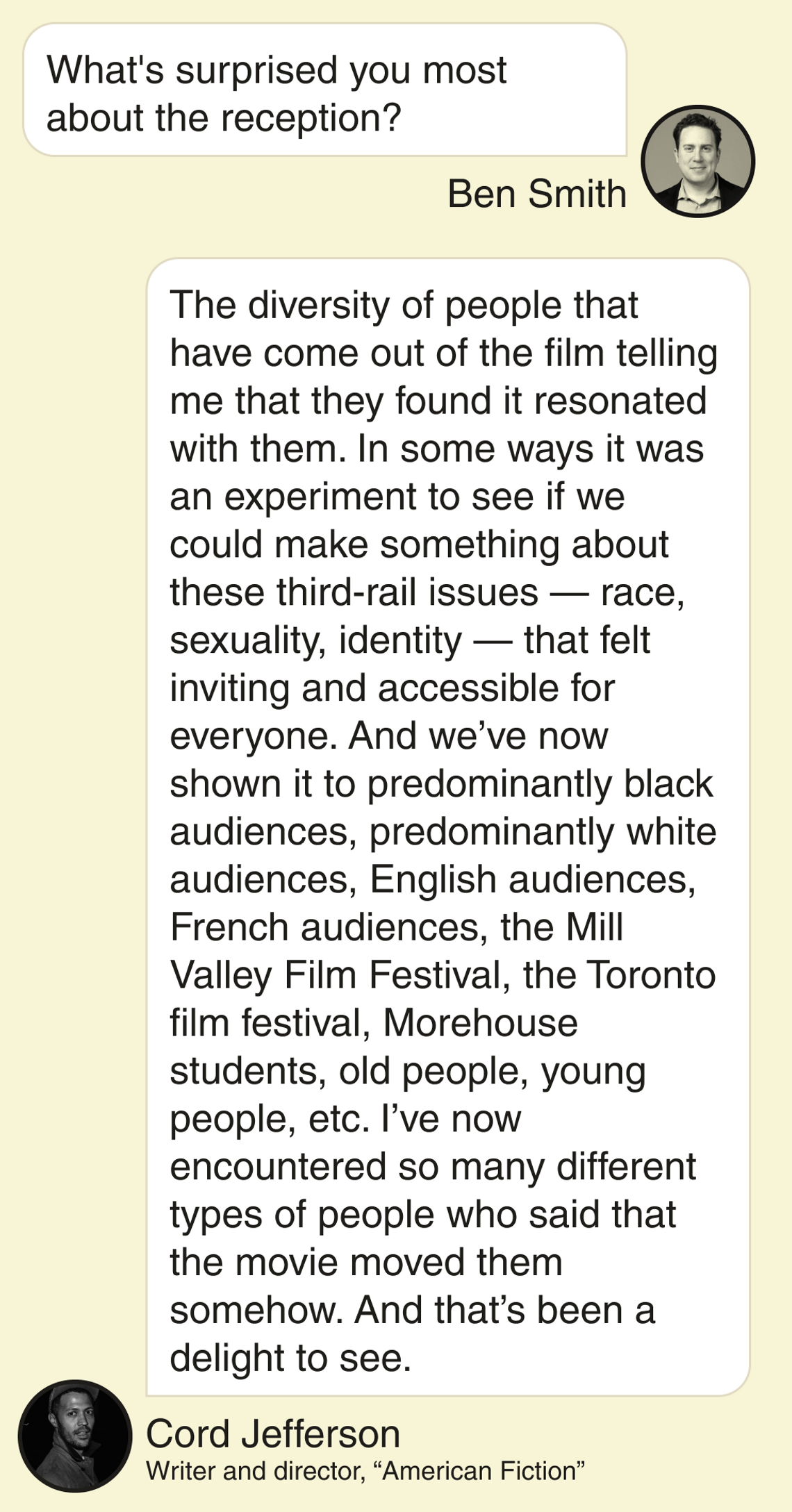 ⁛ NewsAssassination allegation: Al-Jazeera announced on Sunday that an Israeli drone strike had killed two more of its journalists working in Gaza, reporter Hamza al-Dahdouh and freelancer Mustafa Thuraya. The Qatari media network condemned the strike on their car as an “assassination,” the latest deaths in a war that has killed at least 79 journalists since October. al-Dahdouh, 27, had more than 1 million followers on Instagram. His final post was a tribute to his father, Gaza bureau chief Wael al-Dahdouh, who lost several family members to airstrikes last year and was injured in one last month. A statement from the Israel Defense Forces said of Sunday’s killing that “an IDF aircraft identified and struck a terrorist who operated an aircraft that posed a threat to IDF troops,” according to Reuters. Presidential privilege: Biden’s re-election campaign has begun organizing a series of off-the-record trips for top political reporters and editors to the team’s headquarters in Wilmington, Delaware and meet senior officials, including the campaign manager, deputies, and other high-ranking advisors for background briefings on campaign strategy. They’re also using it as an opportunity to tell them what they’re getting wrong. Two people with knowledge of the situation told Semafor that during meetings with reporters from outlets like The New York Times, the Washington Post, and others, campaign officials have invoked a coverage spreadsheet laying out areas where the team believes their reporting has fallen short. In particular, campaign officials have chafed at some of the coverage of former President Donald Trump, feeling that outlets are too focused on his legal troubles and haven’t paid enough attention to some of his incendiary recent statements on the campaign trail. A source familiar told Semafor that with the exception of its recent meeting with the Times, the campaign meetings had been “substantive” and “productive,” and that Biden staffers were scheduled to meet in the coming days with political reporting teams from ABC, NBC, The Wall Street Journal, Fox, NPR, Reuters, Bloomberg, and others in Wilmington.  Steven Ferdman/Getty Images Steven Ferdman/Getty ImagesBusiness Insider insiders: Business Insider’s parent company is divided over the publication’s recent article about plagiarism allegations made against the wife of businessman Bill Ackman. Ackman led the effort to oust now-former Harvard president Claudine Gay over plagiarism accusations, amid campus controversies around Israel and Gaza. Last week, Business Insider reported that his wife, Neri Oxman, plagiarized portions of her dissertation. Semafor has learned that the report has caused serious divisions within the top echelons of Axel Springer, BI’s German owner. Some company leaders have debated whether Ackman’s wife was fair game for reporting, and have been concerned that the report could be construed as antisemitic and anti-Zionist. (Oxman was born and raised in Israel.) In a statement to Semafor, Axel Springer spokesperson Adib Sisani said that while the facts of BI’s report have not been disputed, over the past few days “questions have been raised about the motivation and the process leading up to the reporting — questions that we take very seriously. Our media brands operate independently, however all Axel Springer publications are committed to journalism that meets rigorous editorial standards and processes.” “We are going to take a couple of days to review the processes around these stories to ensure that our standards as well as our journalistic values have been upheld,” he said. Small language model: If you’re interested in figuring out how to use AI in your newsroom, listen (as we do at Semafor) to our colleague Gina Chua. One tip: Language models are remarkably good at answering questions based on narrowly limited sets of data, like our Liz Hoffman’s scoops on 777 Partners. The way we live now: Trump tries to target a judge’s family … but winds up going after esteemed New York Post legal reporter Ben Kochman instead. ⁜ Tech Thos Robinson/Getty Images for New York Times Thos Robinson/Getty Images for New York TimesSix degrees of Singer: The feared activist investor Paul Singer, president of Elliott Management, keeps a low profile — but if you squint you’ll see him in every big story. The Washington Free Beacon, which he funds, unearthed some of the central plagiarism charges against former Harvard President Claudine Gay. And Kurt Wagner’s new book, Battle for the Bird, details that Singer had a central role in Twitter’s recent drama. It was when Elliott took a stake in the company in 2020 that CEO Jack Dorsey decided he would leave. Elliott’s pressure to focus on the business was “a sickening prospect” for Dorsey, “a man who viewed Twitter more as a public service,” Wagner writes. Interesting guy.(Correction: An earlier version of this item said Singer partially funded the Steele Dossier. In fact, Singer indirectly funded a firm that later commissioned Steele, but had no connection to Steele or the Dossier.) Special FX: In December, Semafor reported that financial news website Investing.com was publishing AI-generated stories that highly resembled posts published just hours earlier by other online news competitors, including the news website FXStreet. Following the publication of our piece, FXStreet sent a cease-and-desist letter to Investing’s legal team, accusing it of copying an article about a regulatory battle between Grayscale Investments and the Securities and Exchange Commission. Investing quickly removed its similar article about Grayscale. Investing has also seemed to change tactics: A disclaimer about the site’s use of AI, which the publication had appended to hundreds of articles before our story ran, no longer seems to appear on Investing’s posts. Is there still such a thing as a ‘platform’? The strategic legal and political ambiguity that came with platform-ness is now an utter mess — for Substack, among others. Casey Newton, whose Platformer is the platform’s newsletter of record, is threatening to leave Substack over having to share the space with extremist newsletters. Substack “wants to be seen as a pure infrastructure provider — something like Cloudflare, which seemingly only has to moderate content once every few years,” he writes. “But Cloudflare doesn’t recommend blogs. It does not send out a digest of websites to visit. It doesn’t run a text-based social network, or recommend posts you might like right at the top.” ☊ AudioPodcast pullback: Universal Studios’ podcast arm is being reined in. Last month, Semafor heard that USG Audio was folding. We reached out to the company, which clarified that although it was not scrapping the audio division altogether, it was “evolving” its podcast initiatives from within the USG Creative Acquisitions and IP Management umbrella, and would be continuing to acquire podcast content that could be used by the four television studios. A spokesperson for the company said that the USG had seven series in active development. “USG Audio is designed to be a development tool for ideas and IP and isn’t considered a standalone studio business,” the spokesperson said. “It’s another resource or outlet that USG offers to our producers in sourcing IP or flexing creative ideas.” ✰ HollywoodBig in Jeddah: Saudi money is officially “irresistible” in Hollywood, writes The Ankler’s Claire Atkinson, and the domestic film industry is getting compared to “California in the 1920s when cinema really blew up.” | 








